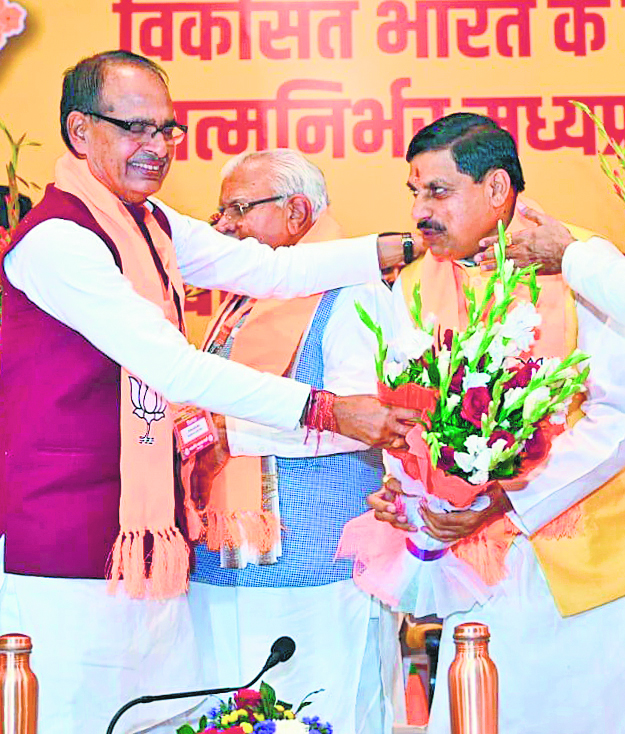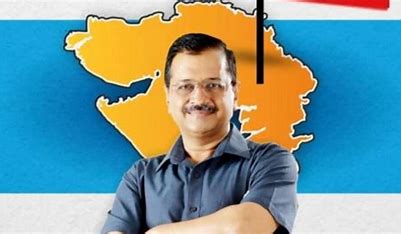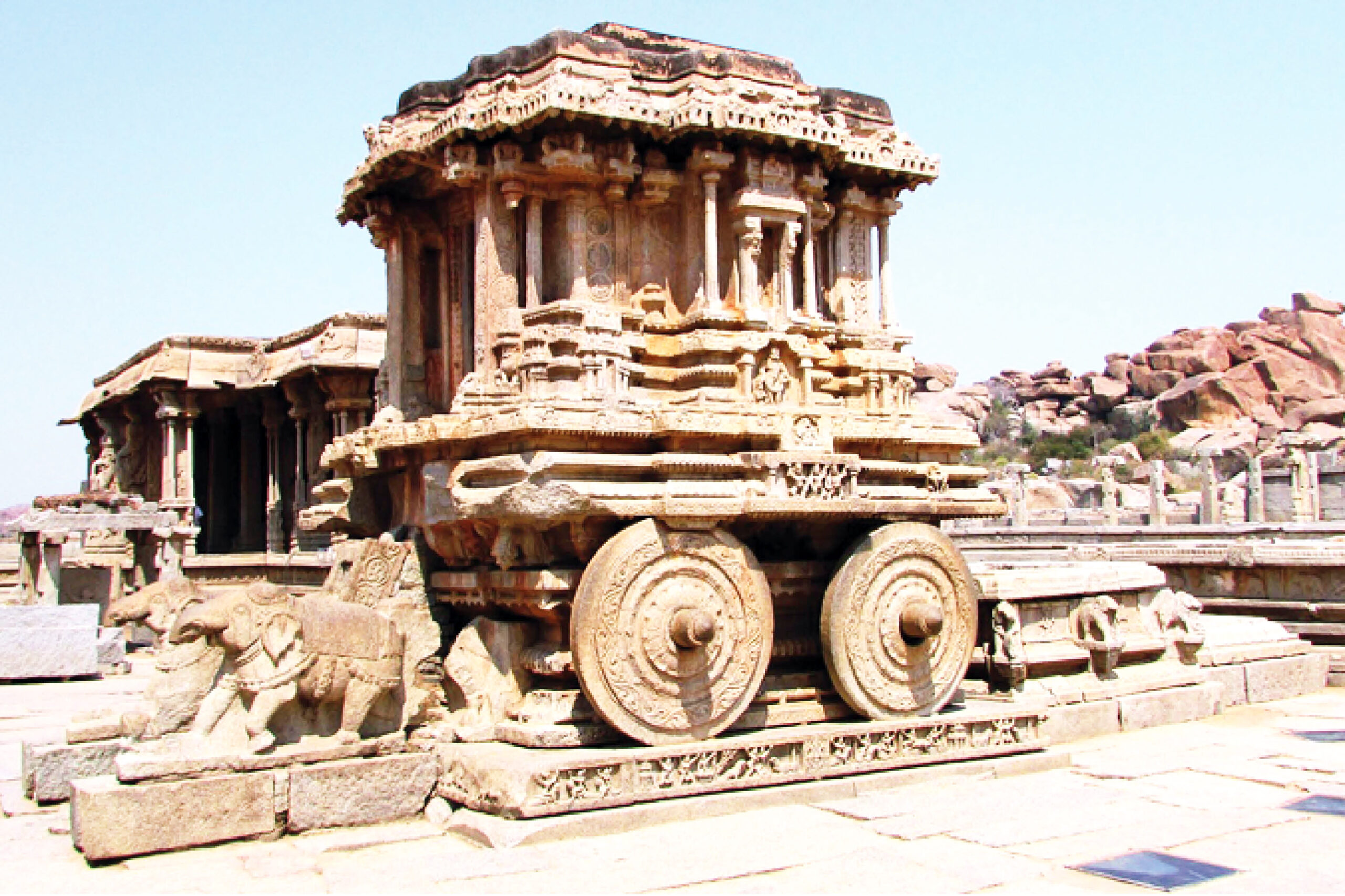
New Madhya Pradesh Chief Minister Mohan Yadav’s selection by the BJP appears to be a master-stroke of social engineering by Prime Minister Narendra Modi to woo OBC, especially Yadav, voters in the Lok Sabha election not just in this state but also in Uttar Pradesh and Bihar, say experts.
The MLA from Ujjain South now is the only Yadav Chief Minister in the country and his unexpected selection by the BJP sends a strong message about the saffron party’s commitment to promote the OBC community – apart from being an attempt to puncture the Opposition parties’ bid to politicise the caste census issue ahead of the Lok Sabha election.
The new Madhya Pradesh CM is the fourth OBC leader that the BJP has selected to the top post in the state, including Uma Bharati, Babu Lal Gaur and Shivraj Singh Chouhan. Over 48% of 5.2 crore voters in Madhya Pradesh are OBCs. In UP, OBC voters account for 54% of the population and in Bihar 63% of the population.
Political analyst Varun Purohit called Yadav’s selection as CM as a “political surgical strike”, saying that, on the face of it, Yadav’s selection appeared to be a consensus decision but it carries a distinct stamp of Modi and Home Minister Amit Shah. Political analyst Ashutosh said, “It’s a victory for Mandal politics, with special focus on OBCs and tribals.”
“It was a surprise to me as well,” said new CM Yadav, 58, after he was picked as the CM at the BJP legislative party meeting in Bhopal. He claimed that he was sitting in one of the back rows with other MLAs for the photo session and was not aware that his name was being considered for the top post.
“I thank all of you… state and central leadership (and), with your love and support, I will try to fulfil my responsibilities,” said Yadav, wearing garlands, promising to take forward the development agenda set by PM Modi.
New CM Yadav was earlier a key player behind the implementation of the New Education Policy in MP, making it the first state to do so. He also ensured that during the Covid lockdown, students were not given mass promotion. He insisted that there was at least an open book exam before students were promoted to the next grade.
On July 2, 2022, he had taken oath as higher education minister in the Chouhan Cabinet. He has been winning assembly elections since 2013. After Yadav’s name was announced in the legislative party meeting on Monday he gave a letter of support from MLAs to Governor Mangubhai Chhaganbhai Patel, minutes after Chouhan handed over his resignation to the Governor. Vinod Agnihotri, political analyst, said the Chouhan’s political obituary cannot yet be written. “He is among senior OBC faces in the BJP after PM Modi and he can still contribute to the party,” he said.
Analysts said the BJP’s message from Madhya Pradesh CM pick for Vasundhara Raje Scindia, who is trying to become CM in Rajasthan, is clear that old war horses of the BJP would have to make way for younger and fresh faces in the current round of picking Chief Ministers.
Along with Mohan Yadav’s selection as the new CM in Madhya Pradesh, Jagdish Dewra, an SC MLA from Mandsour, and Rajesh Shukla, a Brahmin MLA from Bijawar, were named as two Deputy CMs while former Union minister Narendra Singh Tomar, an OBC, was named as Speaker.
Yadav was named the CM of Madhya Pradesh on Monday after hours of deliberations between Haryana Chief Minister Manohar Lal Khattar-led central observers and party MLAs. Earlier, Khattar met Madhya Pradesh CM Chouhan for over an hour on Monday, soon after landing in Bhopal. Dr K. Laxman and Asha Lakra were accompanying Khattar.
Political analysts said the party’s new Chief Ministerial pick and deputies are aimed at consolidating the party’s position ahead of parliamentary election and move ahead with the motto “double engine government in top gear”.
Madhya Pradesh went to poll for 230 assembly seats in a single phase on November 17 and the counting of votes was done on December 3. The BJP, which had been battling close to 20 years of anti-incumbency in the state, won a resounding mandate, bagging 163 seats, while the Congress finished a distant second at 66 seats.















